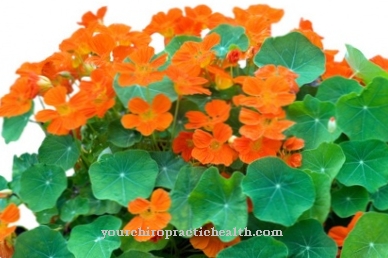Of the rosemary has become known as a very aromatic plant that was initially used as a herb in the kitchen.
Occurrence & cultivation of rosemary

The rosemary thrives in the Mediterranean Sea and loves all sunny, arid climatic conditions as well as calcareous soil. Rosemary is also found in Portugal, the Ionian Sea and the Black Sea.
The plant is a mint and is characterized by an evergreen growth. The leaves are long, narrow and firm and are located on so-called star-haired, felt-like pseudo whorls.
The rosemary forms inconspicuous flowers that bloom all year round. With its hairy leaves that are rolled up towards the bottom, rosemary is ideally suited to the dry and very warm environment.
Rosemary develops a typical spicy and very strong odor and can be grown by propagating cuttings.
Effect & application
Using the rosemary primarily refers to its use as an intense aromatic herb. For this reason, rosemary is a kitchen spice and is not only suitable for seasoning spicy and rustic dishes, but also as a flavoring addition to jellies made from apples and herb butter. In addition, rosemary develops an odor similar to incense when burned.
Rosemary has an important meaning in connection with natural medicine, because rosemary is considered a medicinal plant. The medical applications are based on the strong germicidal and so-called antiseptic effects as well as on the essential oils that are contained in the plant in abundant quantities.
More or less known are the intensely acting rosemary oils known for their skin-warming properties. These oils are suitable for both internal and external treatments and are often used in aromatherapy. Another use of rosemary is honey, which is obtained from the flowers of rosemary and, when stored for a long time, has an ointment-like consistency.
The ingredients of rosemary are characterized by their blood circulation-promoting, skin-irritating and anti-inflammatory properties. In addition, as a tea, rosemary is described as extremely appetizing and, in overdoses, as intoxicating as well as causing cramps.
Rosemary is recommended as a bile-stimulating over-the-counter medicine for people who suffer from health problems due to decreased bile flow. This also applies to persistent complaints with the stomach and intestines due to insufficient digestive juices and bladder problems. Rosemary stimulates the elimination of urine.
Importance to health
In the form of oil baths and as rosemary alcohol can rosemary Bring relief from circulatory disorders and circulatory weaknesses as well as from gout and rheumatism. Processed into ointments, rosemary, either alone or in combination with other medicinal plants, provides excellent therapeutic support against migraines and headaches.
For people who suffer from open wounds that hardly heal, ointments and infusions made from rosemary are considered natural remedies that kill inflammatory pathogens and have a disinfectant effect. This promotes wound healing. In addition, all natural rosemary remedies are free of side effects and risks.
A property that has so far been widely used is the so-called antimicrobial effects of rosemary oil in terms of killing off pathogenic bacterial strains, yeasts and molds, which in particular can lead to numerous skin diseases. For this reason, bath additives with rosemary are recommended as extremely beneficial.
Rosemary has also gained therapeutic importance for depression, epilepsy and many chronic physical diseases. An astringent, astringent effect of rosemary is shown in the fact that it is used as a tonic and antispasmodic as well as in pain relievers.


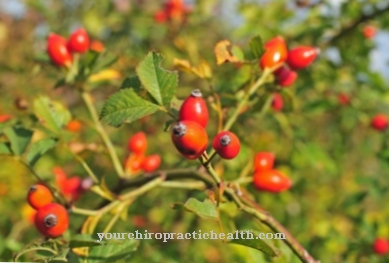
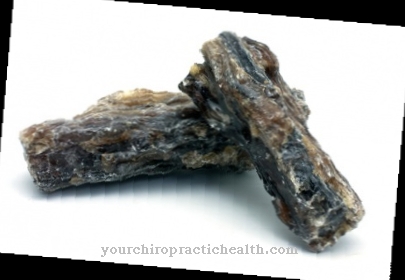
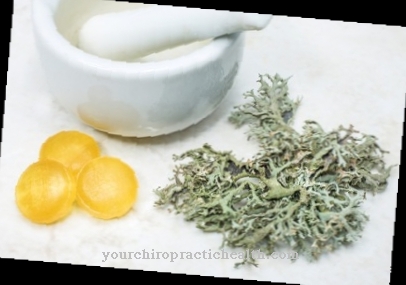
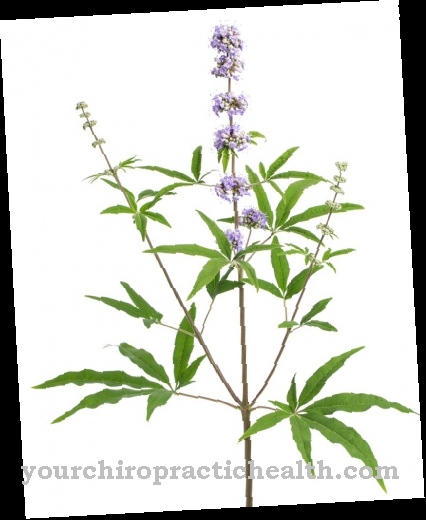
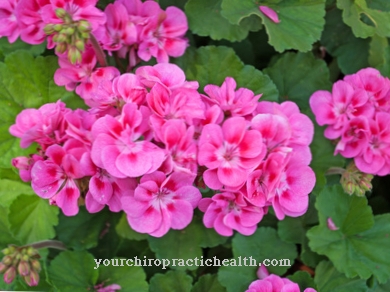


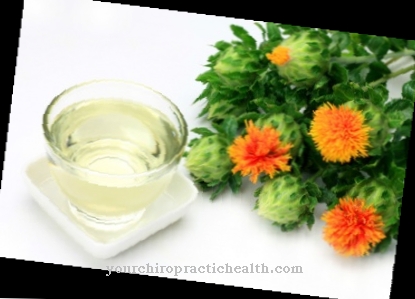


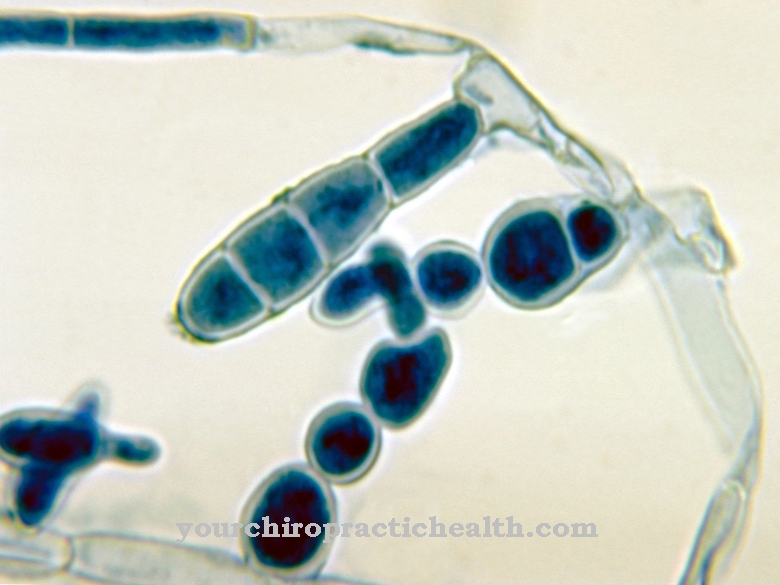

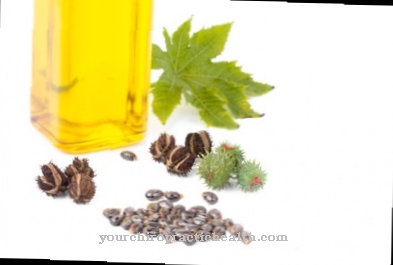

.jpg)



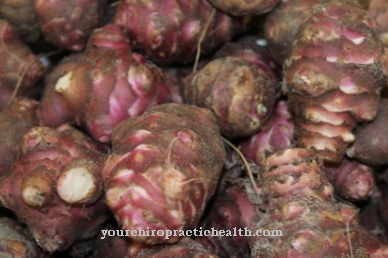

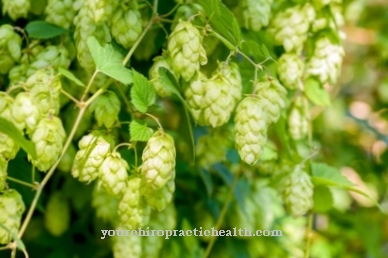

.jpg)
